Professor Dimitrios Buhalis has recently published a new service robots research paper based on a global survey in the hospitality industry
Pizam, A., Ozturk, A.B., Hacikara, A., Zhang, T., Balderas-Cejudo, A., Buhalis, D., Fuchs, G., Hara, T., Vieira de Souza Meira, J., García Revilla, R., Sethi, D., Shen, Y. and State, O. (2024),
The role of perceived risk and information security on customers’ acceptance of service robots in the hotel industry, International Journal of Hospitality Management, Vol.117, 103641 https://doi.org/10.1016/j.ijhm.2023.103641
Highlights
•Perceived risk negatively and information security positively impacted intention to use service ts.
•Self-efficacy negatively influenced perceived risk, and positively influenced perceived information security.
•Innovativeness and facilitating conditions were positively associated with information security.
ABSTRACT This study proposed and tested a theoretical framework that investigated the influences of perceived risk and information security on hotel customers’ intention to use service ts. In addition, the impacts of self-efficacy, innovativeness, and facilitating conditions on perceived risk and information security were examined. Structural equation modeling (SEM) was used to test the proposed model by utilizing data collected from eleven countries including the United States, United Kingdom, Turkey, Spain, Romania, Japan, Israel, India, Greece, Canada, and Brazil. The study results demonstrated that perceived risk had a negative impact on customers’ intention to use services ts while information security had a positive impact. In addition, the study results indicated that self-efficacy negatively influenced perceived risk, and positively influenced perceived information security; and innovativeness and facilitating conditions positively influenced information security. The study findings offer several important contributions to the hospitality tics technology adoption literature and present valuable implications for hospitality practitioners and service vendors.

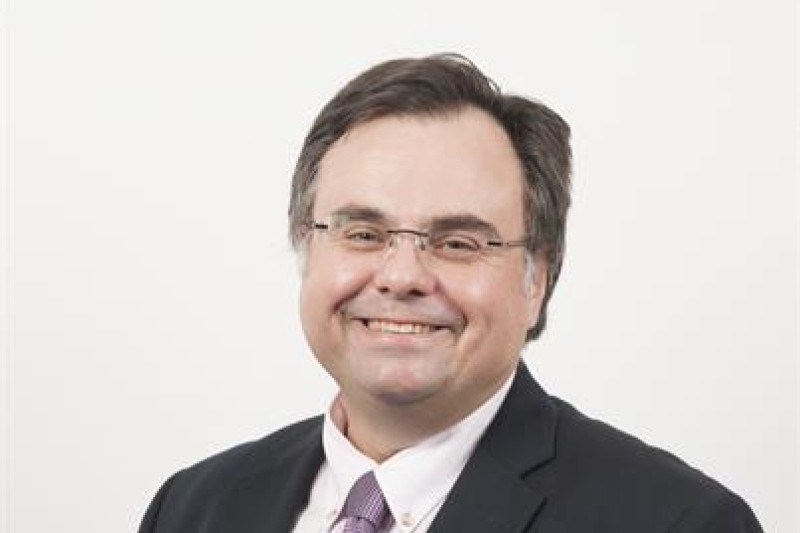
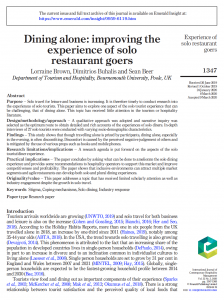



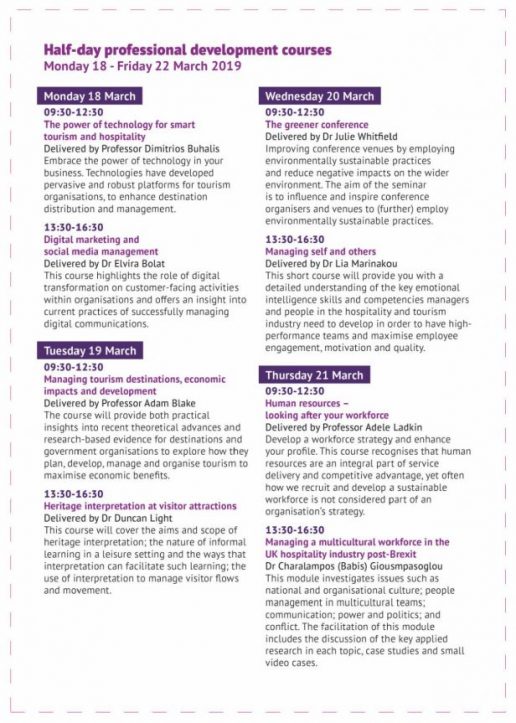
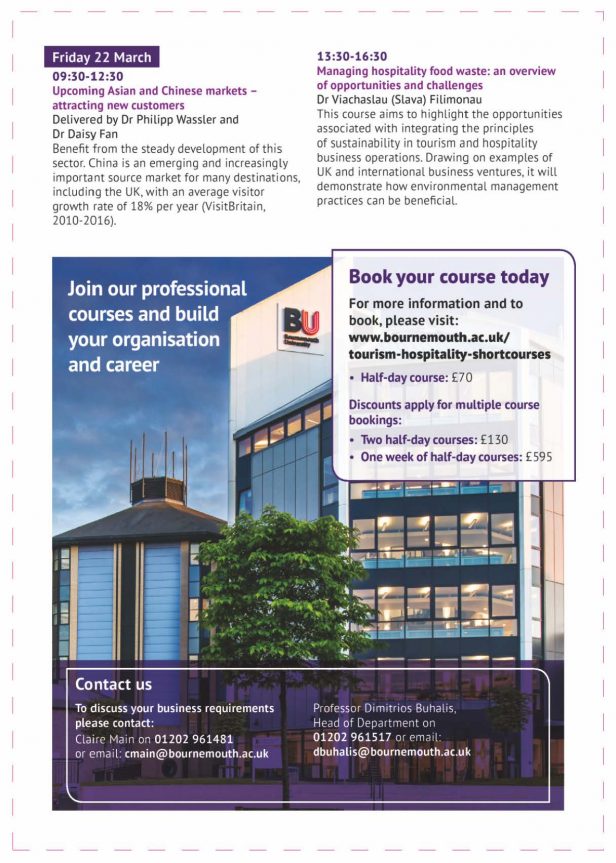
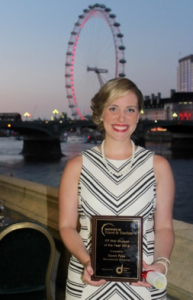
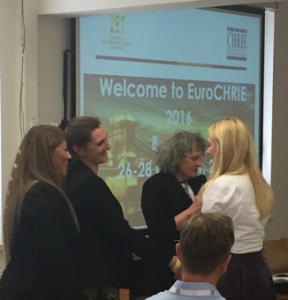











 New CMWH paper on maternity care
New CMWH paper on maternity care From Sustainable Research to Sustainable Research Lives: Reflections from the SPROUT Network Event
From Sustainable Research to Sustainable Research Lives: Reflections from the SPROUT Network Event REF Code of Practice consultation is open!
REF Code of Practice consultation is open! ECR Funding Open Call: Research Culture & Community Grant – Apply now
ECR Funding Open Call: Research Culture & Community Grant – Apply now ECR Funding Open Call: Research Culture & Community Grant – Application Deadline Friday 12 December
ECR Funding Open Call: Research Culture & Community Grant – Application Deadline Friday 12 December MSCA Postdoctoral Fellowships 2025 Call
MSCA Postdoctoral Fellowships 2025 Call ERC Advanced Grant 2025 Webinar
ERC Advanced Grant 2025 Webinar Update on UKRO services
Update on UKRO services European research project exploring use of ‘virtual twins’ to better manage metabolic associated fatty liver disease
European research project exploring use of ‘virtual twins’ to better manage metabolic associated fatty liver disease